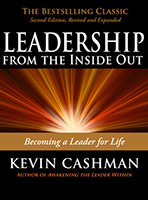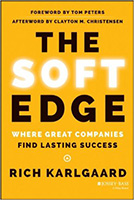Leaders Tip: How much is your time worth?
This week we’ll look at a fresh way to look at your time. It changed the way I think about how I use mine!
VIDEO TRANSCRIPT
Hey guys, it’s Dave Frederick with this week’s LeadersTip. I talk to a lot of people in any given week about their life and one of the things that I hear from almost everybody is that they want to learn to use their time better. I’ve never met someone who didn’t say that. “I want to learn to use my time better.”
So today, I am going to give you a tip on that, but it’s not a how-to tip. It’s not a how-to on how to manage your time better. It’s a different way of thinking about your time. Let me explain that. A few years ago a friend of mine came to me and said “Dave, how much is your time worth?” And I said “What?” I wasn’t sure what he was getting at. He said, “How much is your time worth? Let me explain it to you this way. Dave, if you earn in a typical 40 hour work week. If you make $10/hour, you’re going to earn $20,000/year. If you make $20/hour you’ll make $40,000/year. If you make $50/hour, you’ll make $100,000/year.” And I thought, yeah, I can do the math. So I agreed that I could do the math and get that.
He said, “Well, your time is worth something. There is a value on it. And spending time is just as big a deal as spending money. Most of us don’t have any way of evaluating it though. Put a number/value on your time and it will change how you use it.” Then he turned it around and said, “Now let me ask you in a different way. How much money do you want to make this year?” He said, “Let’s just say…” I didn’t know how to answer that so he said “Let’s just say it’s a $100,000/year. That means that you need to make $50/hour. If you start valuing your time at $50/hour I will bet that it changes how you use it. When you plan your time, you will plan to do different things that you think have a higher value. When you look back on your time to review it, you can look back and say did I put in $50 worth of work? Was that $50 worth of work that I did in that hour or was it somehow less? Doing that will change how you think about time. It’ll change what you do and how you do it. Overall, it’ll result in you becoming more successful and probably hitting that salary level if that’s what you’re concerned about.
I want to suggest to you this. Right now, go ahead and put a value on your time. How much is your time worth? $10/hour? $20/hour? $50/hour? A hundred? Put that number on there and keep that in mind as you go through this week. It will change how you view your time. It’ll change how you use your time. You will probably get more done. You’ll get it done at a higher quality. And you’ll focus on more important things. Okay, that’s going to be good news for you and the people around you. So, how much is your time worth?






